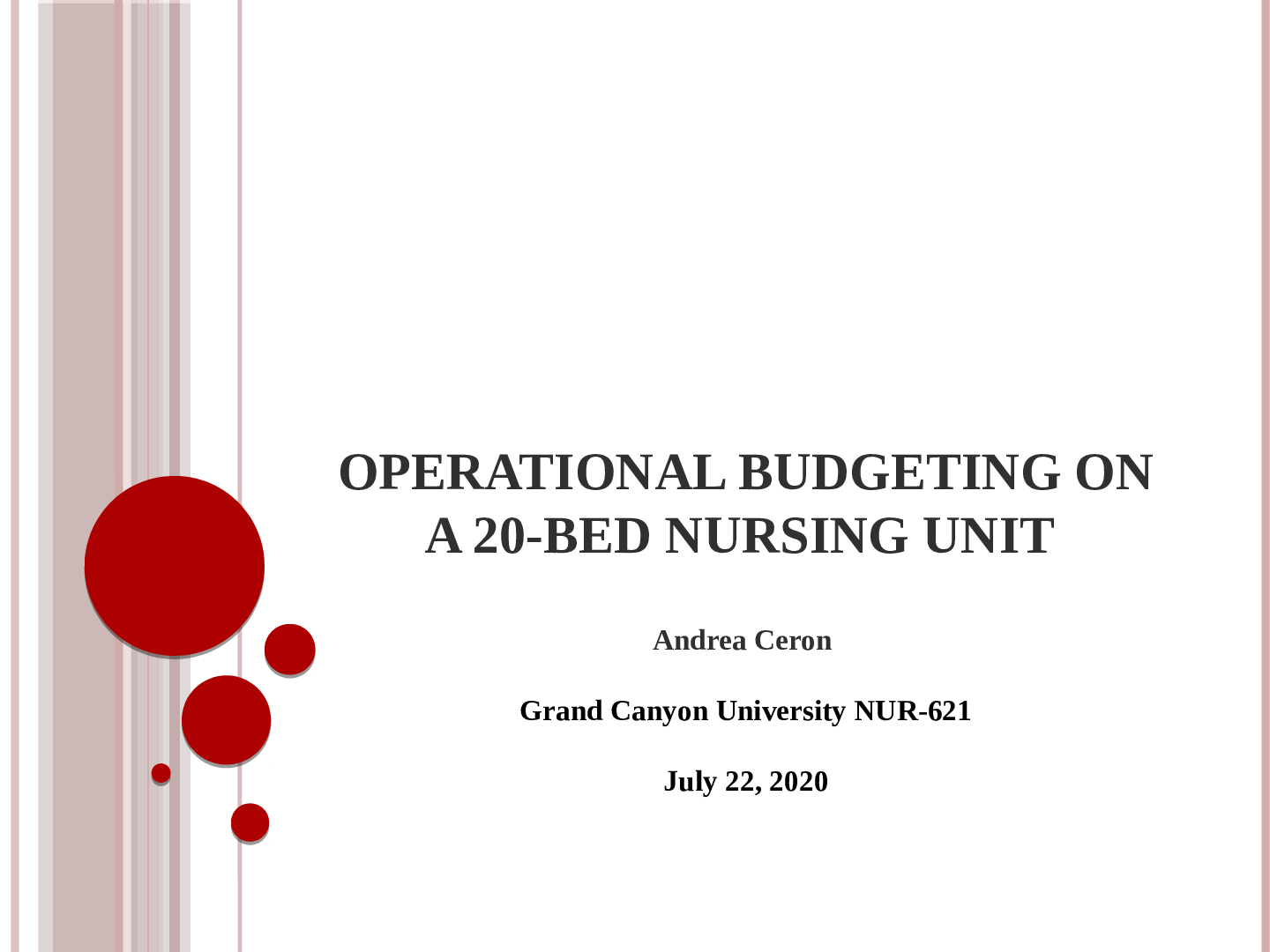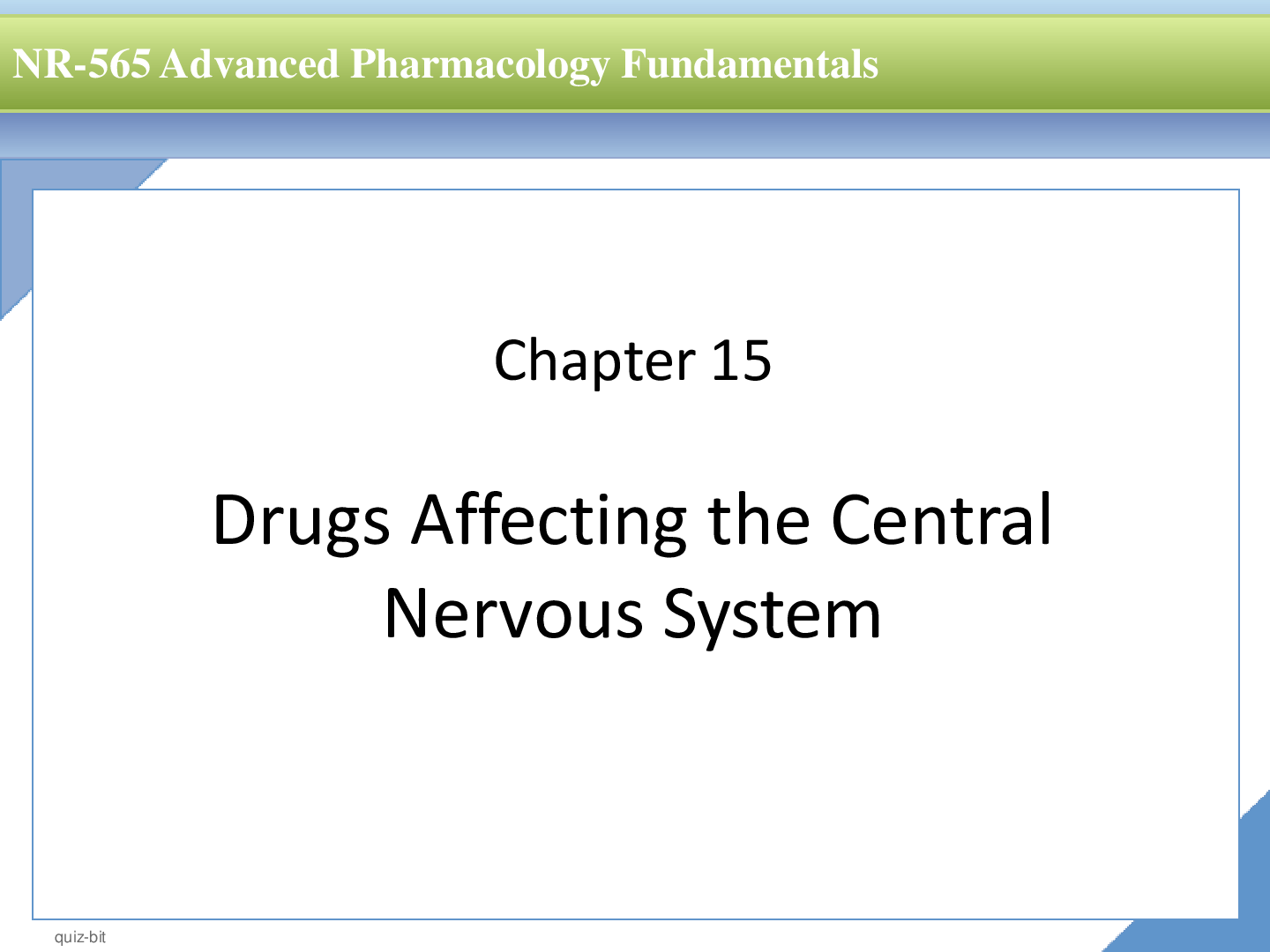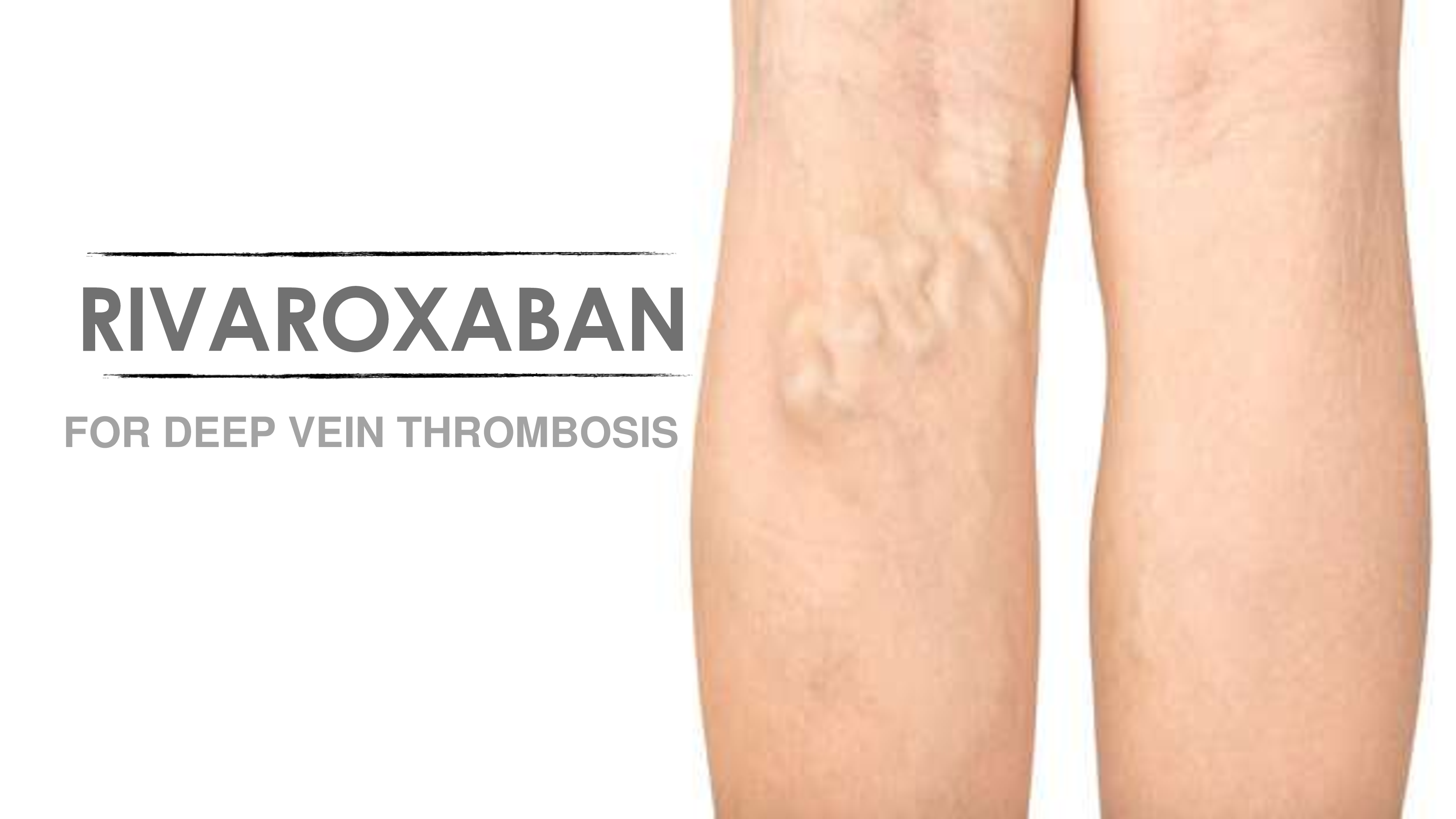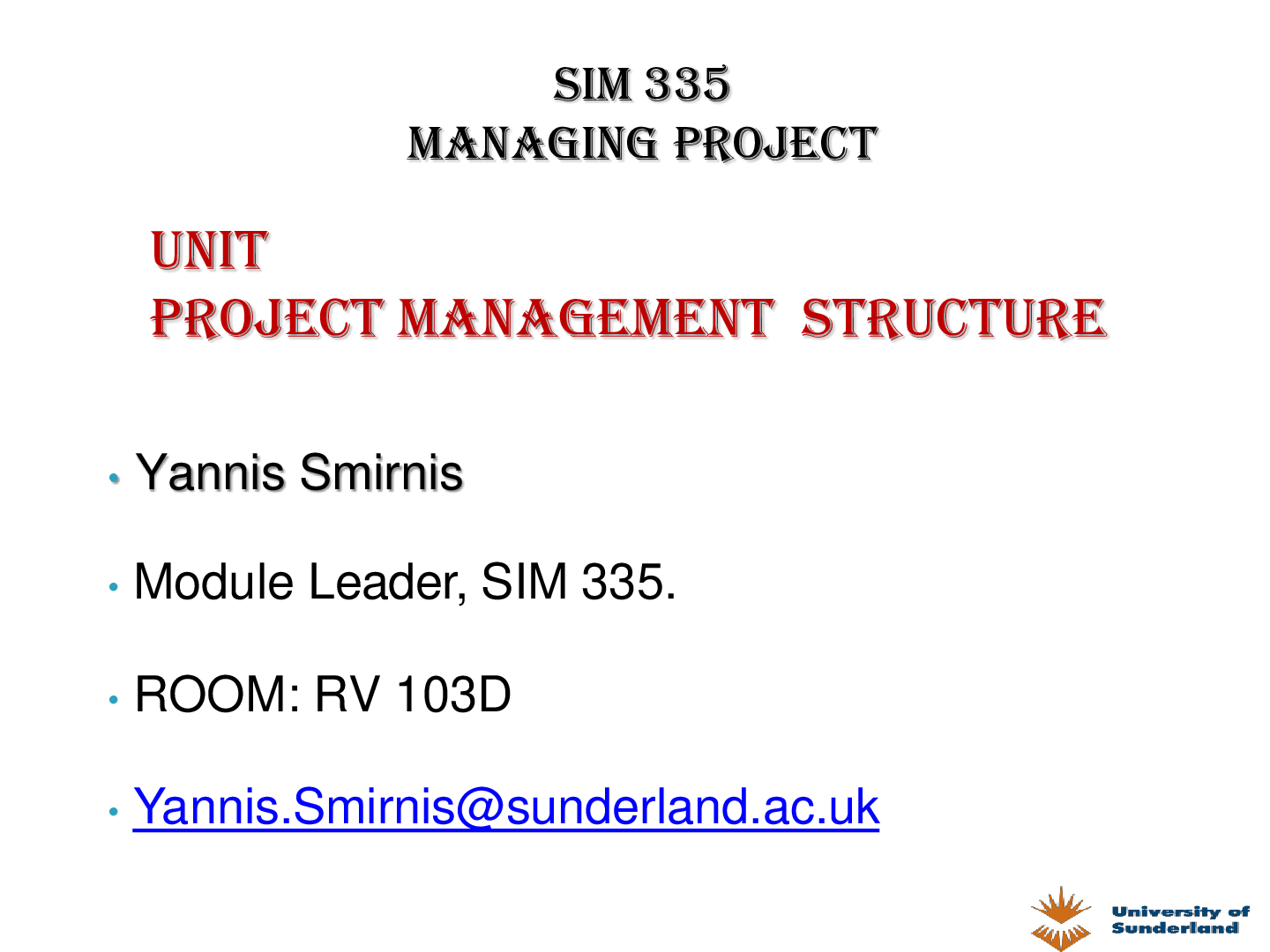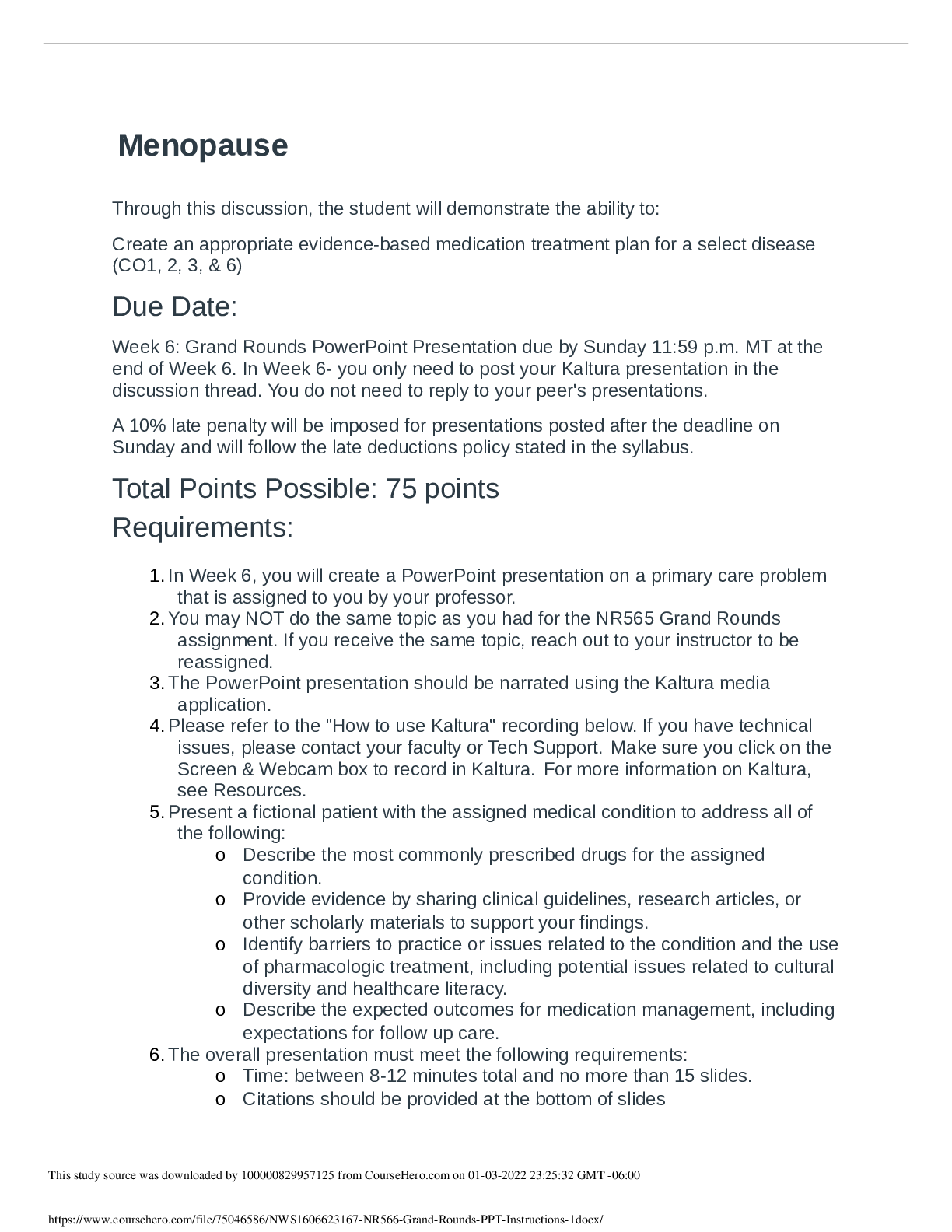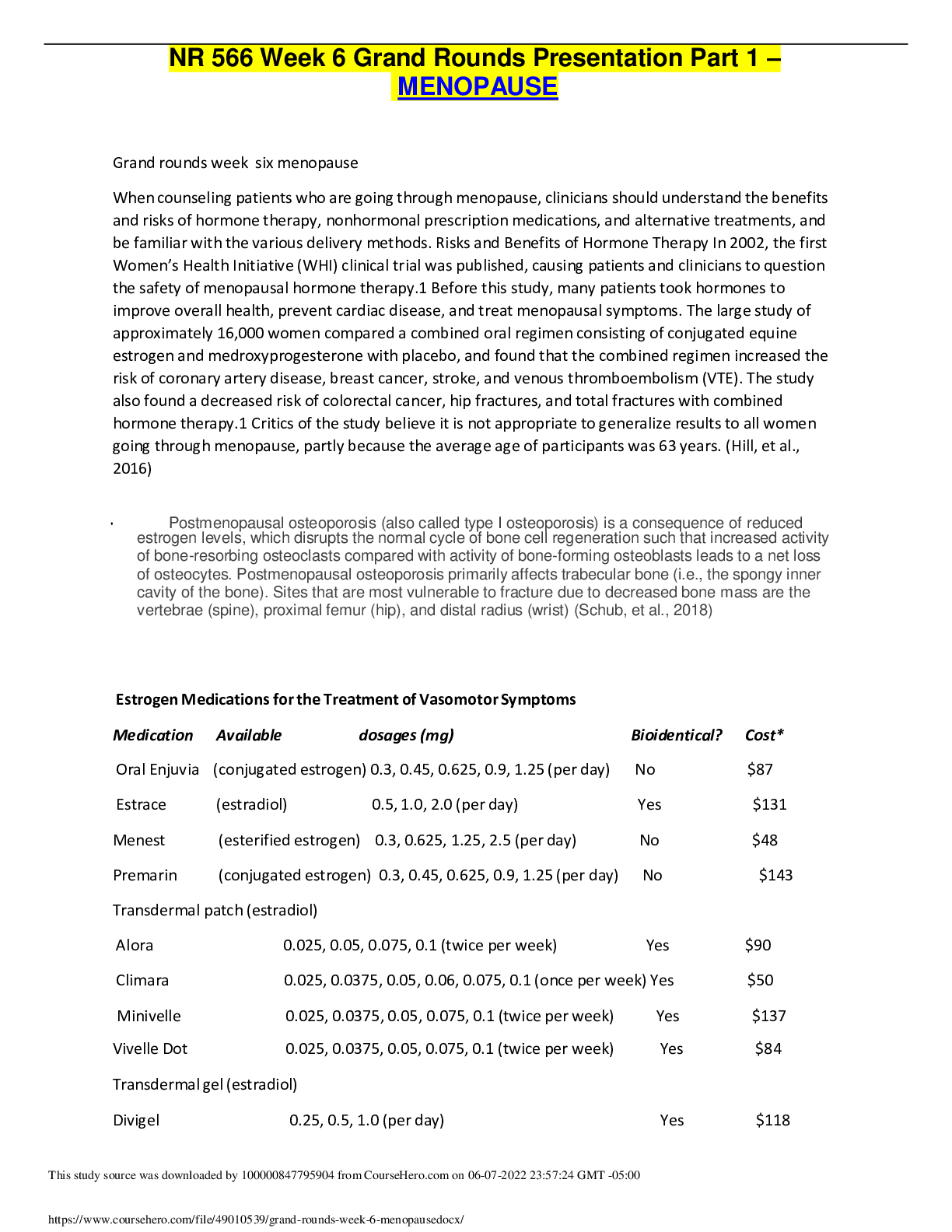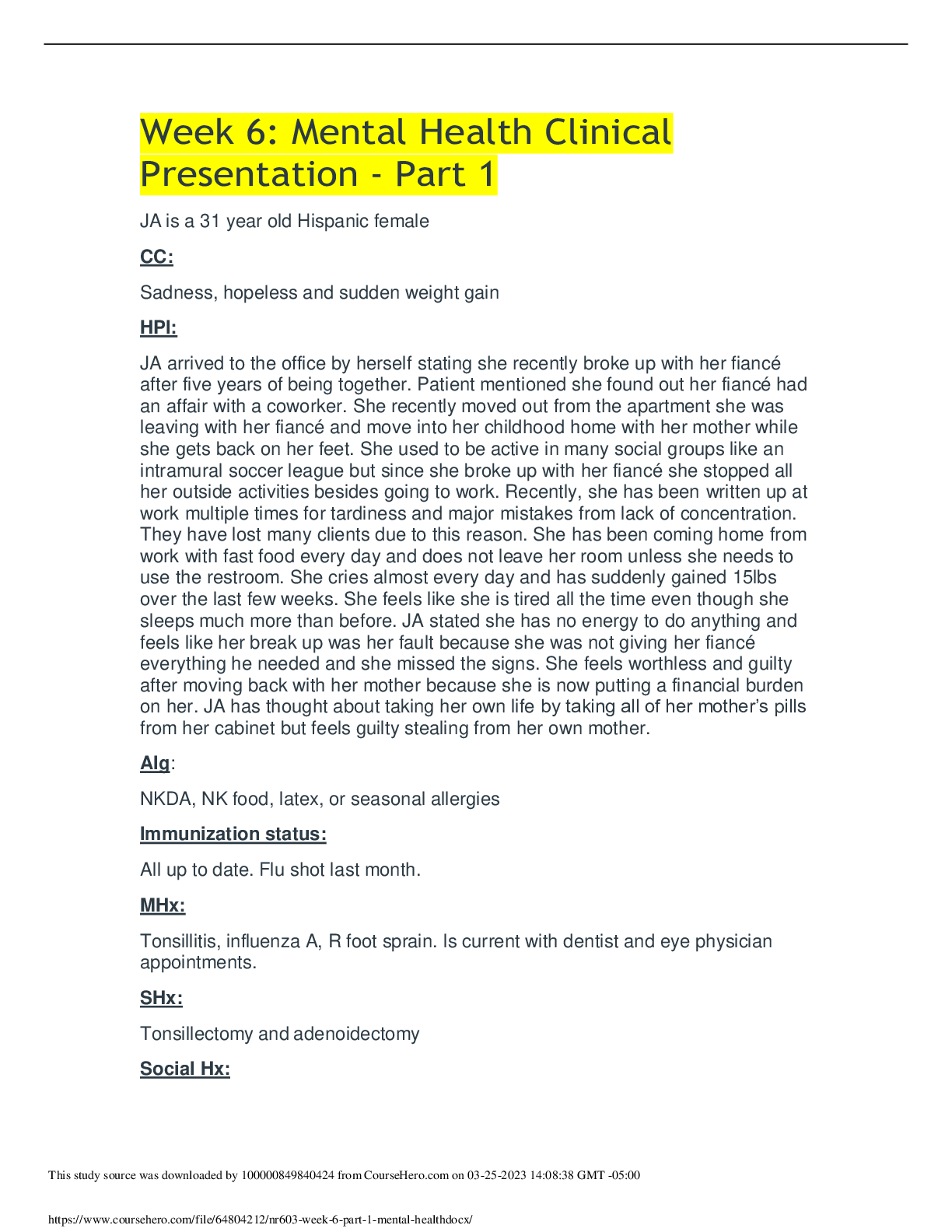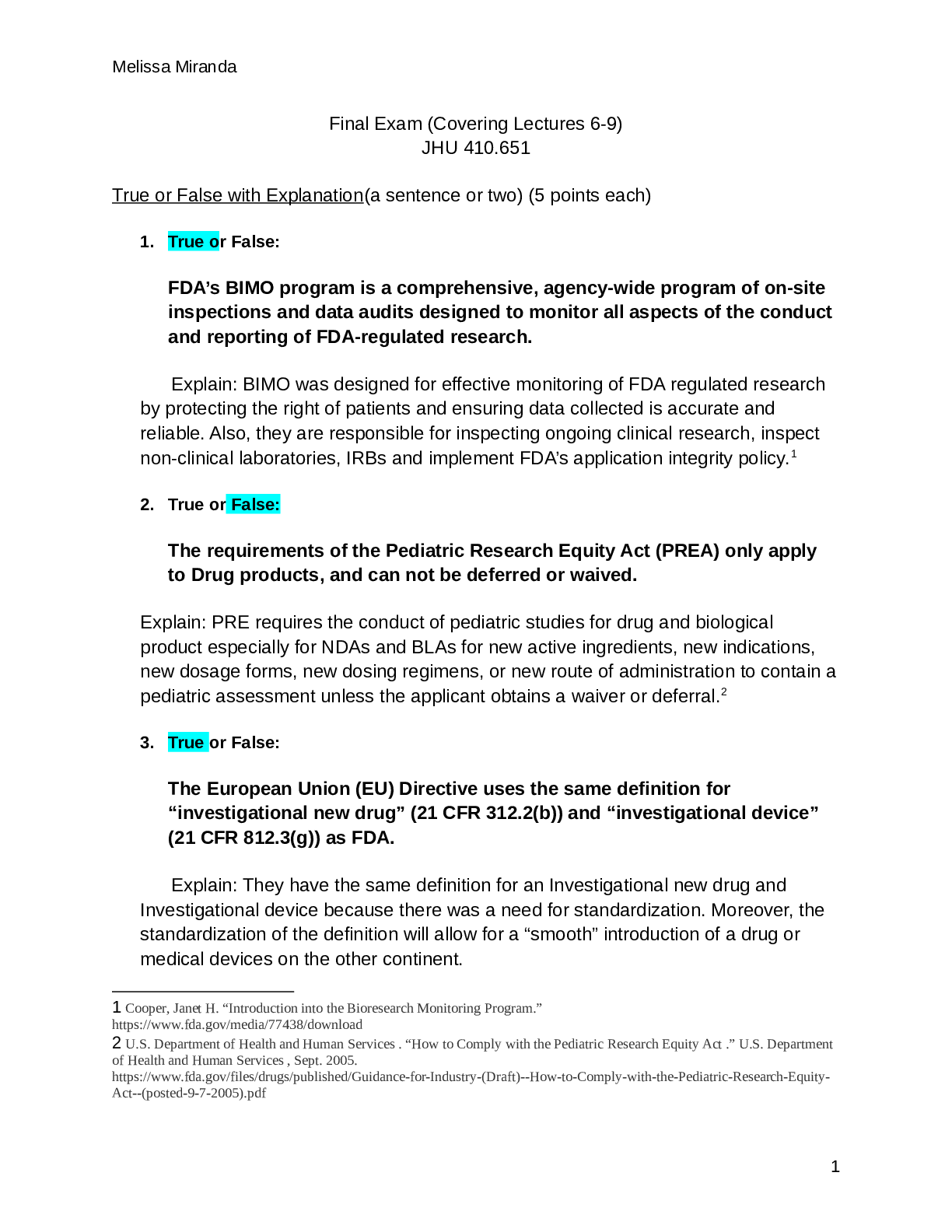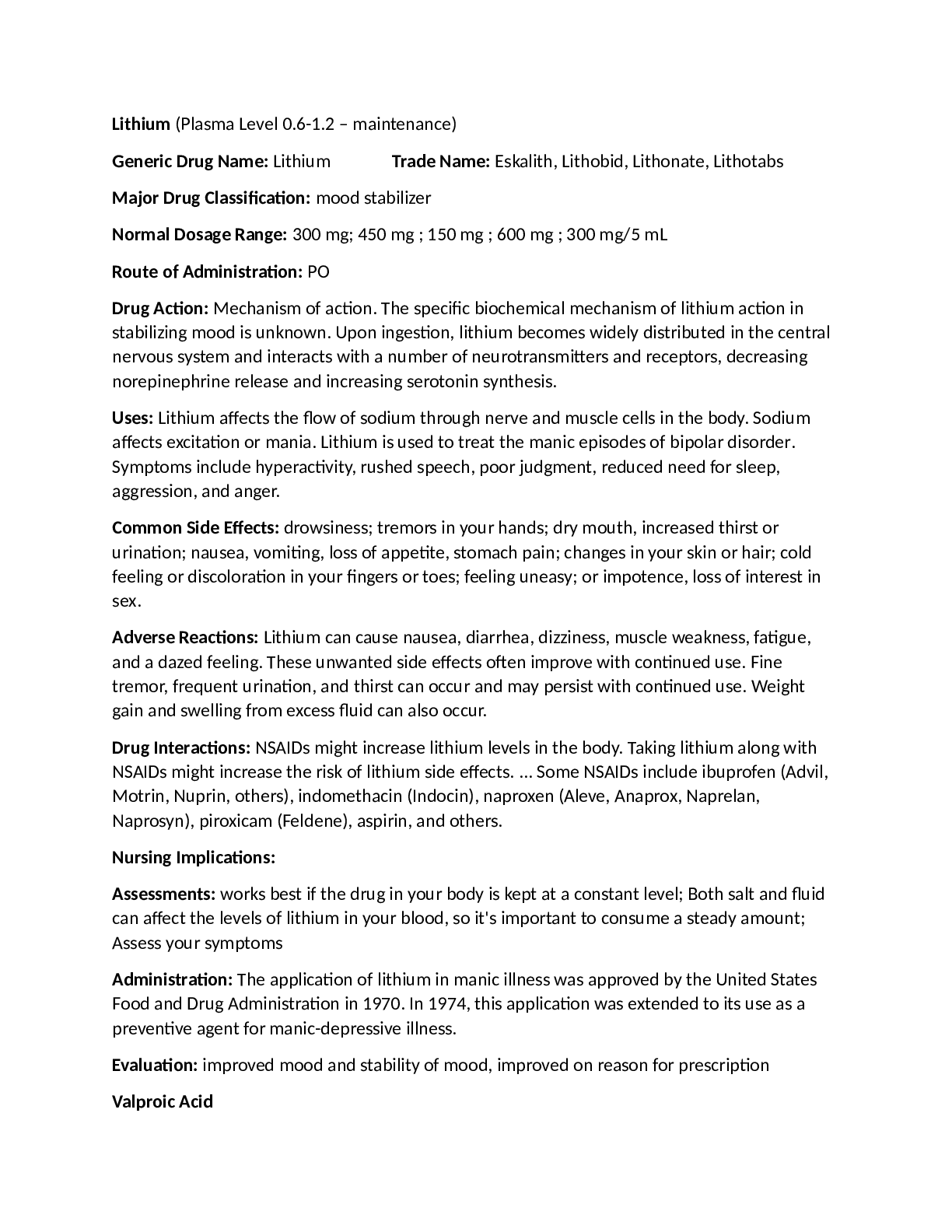*NURSING > Presentation > NURSING 3210Exit Nursing_knowledge_Assessment_Practice_Exam (All)
NURSING 3210Exit Nursing_knowledge_Assessment_Practice_Exam
Document Content and Description Below
Leadership and Management Legal Aspects of Nursing o Often an NCLEX-RN® question asks who should explain a surgical procedure to the client. The answer is the health care provider. Remember th... at it is the nurse’s responsibility to be sure that the operative permit is signed and is on the chart. It is not the nurse’s responsibility to explain the procedure to the client. o Often questions are asked regarding the Good Samaritan Act, which is the means of protecting a nurse when she or he is performing emergency care. Good Samaritan Act: Protects health practitioners against malpractice claims for care provided in emergency situations (e.g., the nurse gives aid at the scene to an automobile accident victim). o If the nurse carries out a health care provider’s prescription for which he or she is not prepared and does not inform the health care provider of his or her lack of preparation, the nurse is solely liable for any damages. If the nurse informs the health care provider of his or her lack of preparation in carrying out a prescription and carries out the prescription anyway, the nurse and the health care provider are liable for any damages. o Assignments are often tested on the NCLEX-RN. The Nurse Practice Acts of each state governs policies related to making assignments. Usually, when determining who should be assigned to do a sterile dressing change, for example, a licensed nurse should be chosen—that is, an RN or licensed practical nurse (LPN) that has been checked off on this procedure. o Restraints of any kind may constitute false imprisonment. Freedom from unlawful restraint is a basic human right and is protected by law. Apply restraints properly; check restraints frequently to see that they are not causing injury and record such monitoring; remove restraints as soon as possible; use restraints only as a last resort o A patient must give written consent before health care providers can use or disclose personal health information; health care providers must give patients notice about providers’ responsibilities regarding patient confidentiality; patients must have access to their medical records; providers who restrict access must explain why and must offer patients a description of the complaint process; patients have the right to request that changes be made in their medical records to correct inaccuracies; health care providers must follow specific tracking procedures for any disclosures made that ensure accountability for maintenance of patient confidentiality; patients have the right to request that health care providers restrict the use and disclosure of their personal health information, though the provider may decline to do so. Leadership and Management o Assertive communication starts with “I need” rather than with “You must.” o Motivation comes from within an individual. A nurse leader can provide an environment that will promote motivation through positive feedback, respect, and seeking input. Look for responses that demonstrate these behaviors. o Effective leadership involves assertive management skills (i.e. democratic/participative). Look for responses that demonstrate that the nurse is using assertive communication skills. o Delegating to the right person requires that the nurse be aware of the qualifications of the delegator: appropriate education, training, skills, experience, and demonstrated and documented competence. Five Rights of Delegation (as defined by the National Council of State Boards of Nursing) Right task: Is this a task that can be delegated by a nurse? Right circumstance: Considering the setting and available resources, should delegation take place? Right person: Is the task being delegated by the right person to the right person? Right direction/communication: Is the nurse providing a clear, concise description of the task, including limits and expectations? Right supervision: Once the task has been delegated, is appropriate supervision maintained. UAPs generally do not perform invasive or sterile procedures. The RN is accountable for adhering to the three basic aspects of supervision when delegating to other health care personnel, such as LPNs, graduate nurses, inexperienced nurses, student nurses, and UAPs. Remember the nursing process: Assessments, analysis, diagnosis, planning, and evaluation (any activity requiring nursing judgment) may not be delegated to UAP. Delegated activities fall within the implementation phase of the nursing process. Priorities often center on which client should be assessed first by the nurse. Ask yourself: Which client is the most critically ill? Which client is most likely to experience a significant change in condition? Which client requires assessment by an RN? Delegation is as follows: Inserting a Foley catheter is a sterile invasive procedure and should not be delegated to a UAP Measuring and recording intake and output falls within the implementation phase of the nursing process and does not require nursing judgment. However, evaluation of the intake and output (I&O) must be done by the nurse. Client teaching requires the abilities of a nurse and should not be delegated. The UAP may be instructed to report anything unusual that is observed and any symptoms reported by the client, but this does not replace assessment by the nurse. Assessment must be performed by the nurse and should not be delegated. The UAP may be instructed to report anything unusual that is observed, or any symptoms reported by the client, but this does not replace assessment by the nurse. o The nurse manager must analyze all the desired outcomes involved when assigning rooms for clients or assigning client care responsibilities. A client with an infection should not be assigned to share a room with a surgical or immunocompromised client. A nurse’s client care management should be based on the nurse’s abilities, the individual client’s needs, and the needs of the entire group of assigned clients. Safety and infection control are high priorities. o Change causes anxiety. An effective nurse change agent uses problem-solving skills to recognize factors such as anxiety that contribute to resistance to change and uses decision-making and interpersonal skills to overcome that resistance. Interventions that demonstrate these skills include seeking input, showing respect, valuing opinions, and building trust. Disaster Nursing o It is important to remember that in disaster and bioterrorism management, the nurse must consider both the individual and the community. [Show More]
Last updated: 1 year ago
Preview 1 out of 69 pages
 (1).png)
Reviews( 0 )
Document information
Connected school, study & course
About the document
Uploaded On
Jul 28, 2022
Number of pages
69
Written in
Additional information
This document has been written for:
Uploaded
Jul 28, 2022
Downloads
0
Views
56

